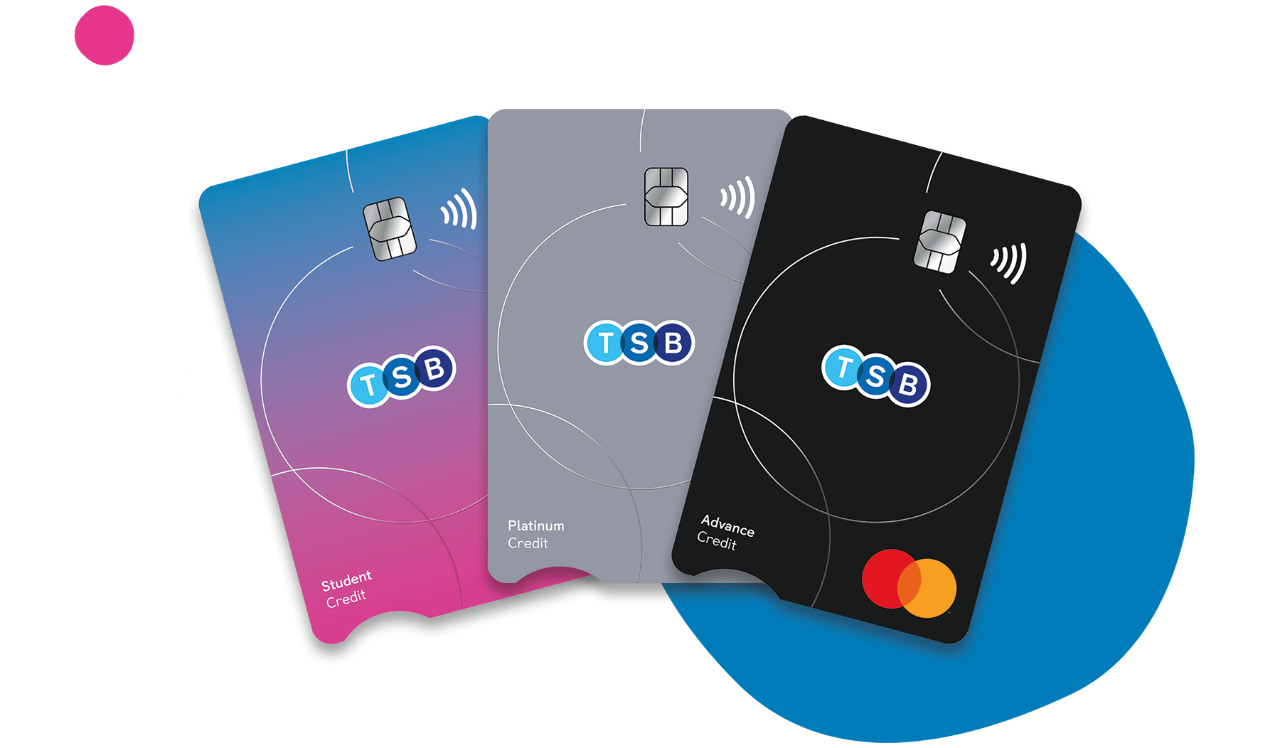TSB Bank’s: In the face of rising costs and evolving financial landscapes, maintaining a firm grip on your finances has never been more crucial. At TSB Bank, we recognise the importance of equipping our customers with the knowledge and tools needed to navigate these challenges. Our comprehensive range of credit card offerings is designed to empower you, the consumer, with the flexibility and control to manage your money effectively.
Whether you’re looking to build a strong credit profile, optimise your credit utilisation, or simply understand the complexities of credit card fees and interest rates, our insights can serve as your guide to financial success. Join us as we explore the intricacies of credit management, empowering you to make informed decisions and take charge of your financial future.
Understanding Your Credit Score: The Key to Financial Success
Your credit score is a numerical representation of your creditworthiness, and it plays a crucial role in your financial success. It is calculated based on factors like your payment history, credit utilisation, length of credit history, and types of credit used. Lenders use your credit score to assess the risk of lending to you and to determine the terms of credit. Such as interest rates and credit limits. Understanding the fundamentals of your credit score and the factors that influence it is essential for managing your finances effectively.
Credit Score Fundamentals: What It Is and Why It Matters
Your credit score is a three-digit number that ranges from 300 to 850. The higher your credit score, the more likely you are to be approved for credit and to receive favourable terms. Such as lower interest rates. A good credit score can open doors to better financial opportunities. Such as securing a mortgage, renting an apartment, or obtaining a car loan.
Factors Affecting Your Credit Score: Payment History, Credit Utilisation, and More
- Payment History: Your payment history is the most significant factor in determining your credit score. Consistently making on-time payments on your credit accounts, such as credit cards and loans, can positively impact your score.
- Credit Utilisation: This refers to the amount of credit you’re using compared to the total credit available to you. Keeping your credit utilisation low, typically below 30%, can help improve your credit score.
- Length of Credit History: The longer you’ve had credit accounts open and in good standing, the better it is for your credit score.
- Types of Credit Used: Having a mix of different types of credit, such as credit cards, loans, and mortgages, can also contribute to a higher credit score.
By understanding these key factors and how they impact your credit score. You can take steps to improve and maintain a strong credit profile, paving the way for financial success.

“A good credit score can open doors to better financial opportunities, such as securing a mortgage, renting an apartment, or obtaining a car loan.”
TSB Bank’s Credit Card Insights: Empowering Responsible Borrowing
As a leading UK bank, TSB Bank offers valuable insights to help customers borrow responsibly and manage their credit effectively. The bank’s focus on responsible lending and financial education aims to empower customers to make informed decisions and achieve financial flexibility. TSB Bank’s credit card offerings and customer-centric approach are designed to support its customers’ financial well-being.
In line with its commitment to responsible borrowing, TSB Bank plans to invest £120 million in transforming its digital channels over the next three years. This investment will provide customers with a more mobile and digitally focused experience, enabling them to better manage their credit cards and finances. Additionally, the bank aims to enhance its business and retail lending products, with a focus on customer needs and decisioning criteria.
| Key Insights | Statistics |
|---|---|
| TSB Bank’s Strategic Focus |
|
| Changing Customer Behaviour |
|
By prioritising responsible borrowing and financial education, TSB Bank aims to empower its customers to make informed decisions and achieve financial flexibility. The bank’s strategic investments in digital transformation and customer-centric products demonstrate its commitment to supporting its customers’ financial well-being in the current economic climate.
TSB Bank’s: The Cornerstone of a Strong Credit Profile
For the team at TSB Bank, payment history is the foundation of a robust credit profile. Consistently making on-time payments for credit cards, loans, and other financial commitments demonstrates your financial responsibility to lenders. This track record plays a pivotal role in determining your credit score. hich in turn influences your access to credit and the terms offered to you.
TSB Bank emphasises the significance of maintaining a positive payment history and provides valuable guidance to help customers build and sustain a credit profile that reflects their responsible borrowing habits. By understanding the impact of payment history and adopting sound financial practices, individuals can position themselves for greater financial flexibility and access to favourable credit opportunities.
Key Factors in Maintaining a Positive Payment History
- Make all payments on time, every time. Even a single missed or late payment can have a detrimental effect on your credit score.
- Establish automatic payment methods to ensure timely fulfilment of your financial obligations.
- Prioritise credit card and loan payments, as these are typically the most influential factors in your payment history.
- Monitor your credit report regularly to identify and address any discrepancies or errors that could negatively impact your payment history.
- Communicate proactively with your lenders if you anticipate any difficulties in making payments on time. They may be able to offer solutions to help you maintain a positive payment history.

By focusing on these key strategies, customers can build and maintain a credit profile that reflects their financial responsibility and opens the door to a range of credit opportunities tailored to their needs.
| Metric | Value | Significance |
|---|---|---|
| TSB Bank’s Statutory Profit Before Tax | £181.1 million in 2022 | Indicates a 16.5% increase from the previous year, showcasing the bank’s strong financial performance. |
| TSB Bank’s Refund Rate for Innocent Fraud Victims | Over 97% | Significantly surpasses the industry average of 56%, demonstrating a strong commitment to customer protection. |
| Customers’ Savings Pots Growth | £36.5 million | Reflects increased customer engagement and the bank’s efforts to promote responsible savings habits. |
| Cashback Payments to Active Customers | £1.3 million | Rewarding customers for their engagement and financial responsibility, further strengthening the bank-customer relationship. |
“Maintaining a positive payment history is crucial for building a strong credit profile and gaining access to favourable credit opportunities. At TSB Bank, we are committed to empowering our customers to achieve financial flexibility through responsible borrowing and savings practices.”
Frequently Asked Questions
TSB Bank’s: What is a credit score and why is it important?
Your credit score is a numerical representation of your creditworthiness. It plays a crucial role in your financial success as lenders use it to assess the risk of lending to you and determine the terms of credit, such as interest rates and credit limits. Understanding the fundamentals of your credit score and the factors that influence it is essential for managing your finances effectively.
TSB Bank’s: How can TSB Bank’s insights help customers borrow responsibly?
As a leading UK bank, TSB Bank offers valuable insights to help customers borrow responsibly and manage their credit effectively. The bank’s focus on responsible lending and financial education aims to empower customers to make informed decisions and achieve financial flexibility.
What is credit utilisation and how does it affect my credit score?
Credit utilisation, or the amount of your available credit that you’re using. Is a significant factor in determining your credit score. High credit utilisation can negatively impact your score, while keeping your utilisation low can help improve it. TSB Bank provides guidance on strategies for optimal credit utilisation, such as maintaining low balances, using multiple credit cards, and requesting credit limit increases when appropriate.
Why is payment history important for my credit profile?
Payment history is the cornerstone of a strong credit profile. Making payments on time, whether for credit cards, loans, or other financial obligations, demonstrates your financial responsibility to lenders. TSB Bank emphasises the importance of maintaining a positive payment history and provides advice on how customers can build and maintain a credit profile that reflects their responsible borrowing habits.
Find out more at: https://www.tsb.co.uk/credit-cards.html










